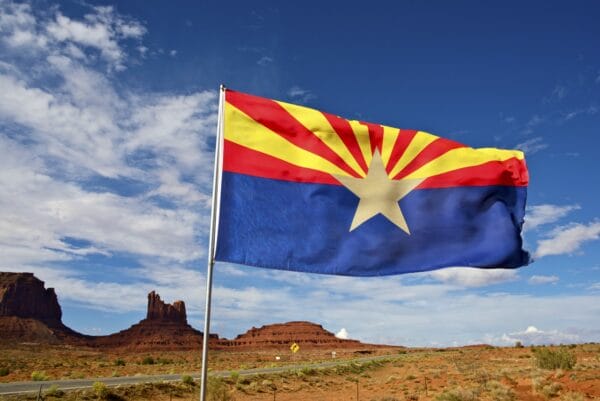By Michael Moynihan
The Daily Beast
 Fighting for a competitive advantage on the Web, journalists have turned once powerful adjectives into nothing but hype. What does breaking mean? Who knows!
Fighting for a competitive advantage on the Web, journalists have turned once powerful adjectives into nothing but hype. What does breaking mean? Who knows!
In George Orwell’s 1984, an employee of the Ministry of Truth, tasked with creating the Newspeak dictionary, explains to Winston Smith that his job is often misunderstood. “You think, I dare say, that our chief job is inventing new words,” says Syme, the Dr. Johnson of Oceania. “We’re destroying words—scores of them, hundreds of them, every day … It’s a beautiful thing, the destruction of words.”
I suppose one isn’t supposed to agree with Comrade Syme, although I too happily advocate the destruction of needless and obfuscating words. My purpose in doing so is slightly less sinister; a desire for journalistic clarity, not political purity. The hunger for more clicks, to get news out faster than your rivals, encourages the use of time-saving weasel words and chest-puffing claims of “exclusive” this and “breaking” that. I should save readers the trouble and admit, somewhat shamefacedly, that I too am likely guilty of using the words and phrases below, and almost all of them, I assume, have been employed on this website.
But my rehab begins today. What follows are a list of words routinely employed by journalists that must, to again invoke Orwell, be committed to the “memory hole.”
Exclusive: Possibly the most misused word in journalism, and one that should be used only when an interview subject submits to questioning by your news organization and no other, often on specific topic (Lance Armstrong’s chat with Oprah qualifies as an exclusive). The Oxford English Dictionary defines “exclusive” as something “in which others have no share, esp. of journalistic news or other published matter.”




